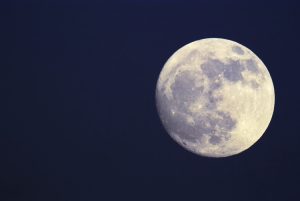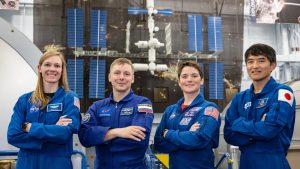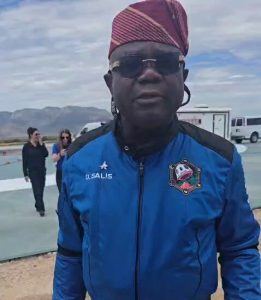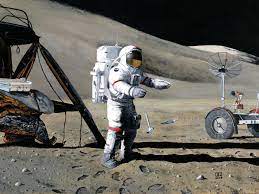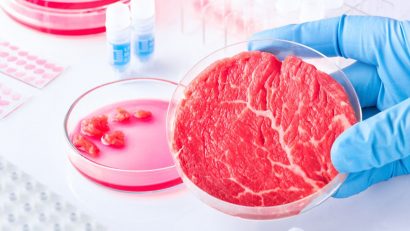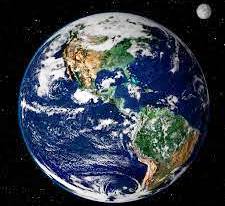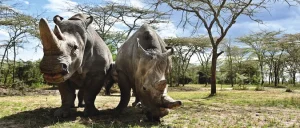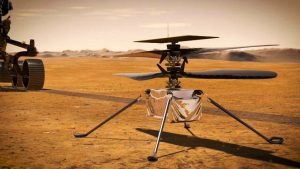NASA continued to facilitate research work on the possibility of growing crops in space with the launch of Crew-11 to the International Space Station, ISS, on 1 August, 2025, with the Falcon 9 rocket.
In the payload, launched from John F. Kennedy Space Centre, Florida, were seeds from different countries like Brazil, Argentina, Costa Rica, India, Maldives and Nigeria.
The Crew 11 have Commander Zena Cardman, Co-pilot Mike Finke, and Mission Specialists Japan’s Kimiya Yui, and Cosmonaut Oleg Platonov.
The interest is to study the effects of microgravity on the germinability of the seeds.
On Earth, geotropism or the effect of gravity is responsible for roots growing down into the soil, no matter the position of the seeds on planting. Conversely, the shoot grows up towards sunlight.
Hydrotropism is roots growing and bending towards the source of water.
It will be interesting to see how the seeds germinate and react in microgravity in space to these and high level of radiation.
Scientists will also be interested in biochemical, cellular and molecular changes in them as they adjust to their new environment in space.
Among the seeds are Nigeria’s Egusi seeds, popular in making soups. They are the variety sourced from Oyo, southwest Nigeria.
The National Space Research and Development Agency, NASRDA, says this is part of a Memorandum of Understanding with an organisation, JaguarSpace, on World Seeds Experiment.
Owolabi Salis is the first Nigerian in space, but he was in sub-orbital space with five other tourists on 29 June, 2025, with Blue Origin.
There is great excitement locally because this is the first time anything Nigerian is in orbit.
Dr Wagner Vendrame of the University of Florida will study the seeds which returned on 9 August, 2025, with SpaceX Crew 10 members – Commander Anne McClain, Pilot Nicole Ayers, Japan’s Takuya Onishi and Cosmonaut Kirill Peskov.
Seeds, generally, germinate two to three days after planting.
Those seeds that germinate and perform well will have a prospect of being grown in space later when man colonises space.

